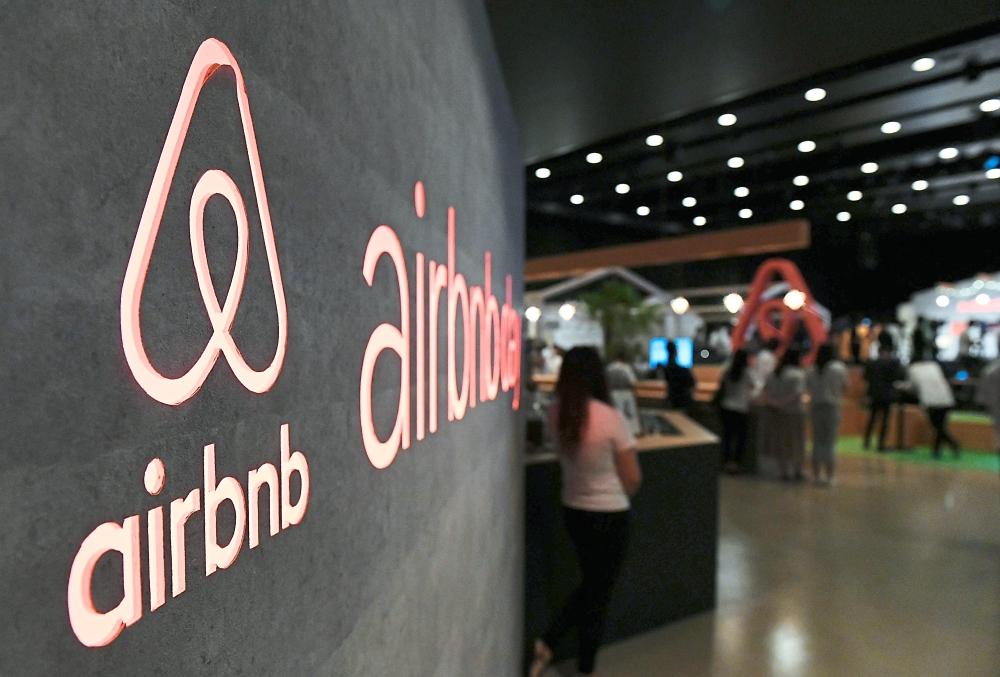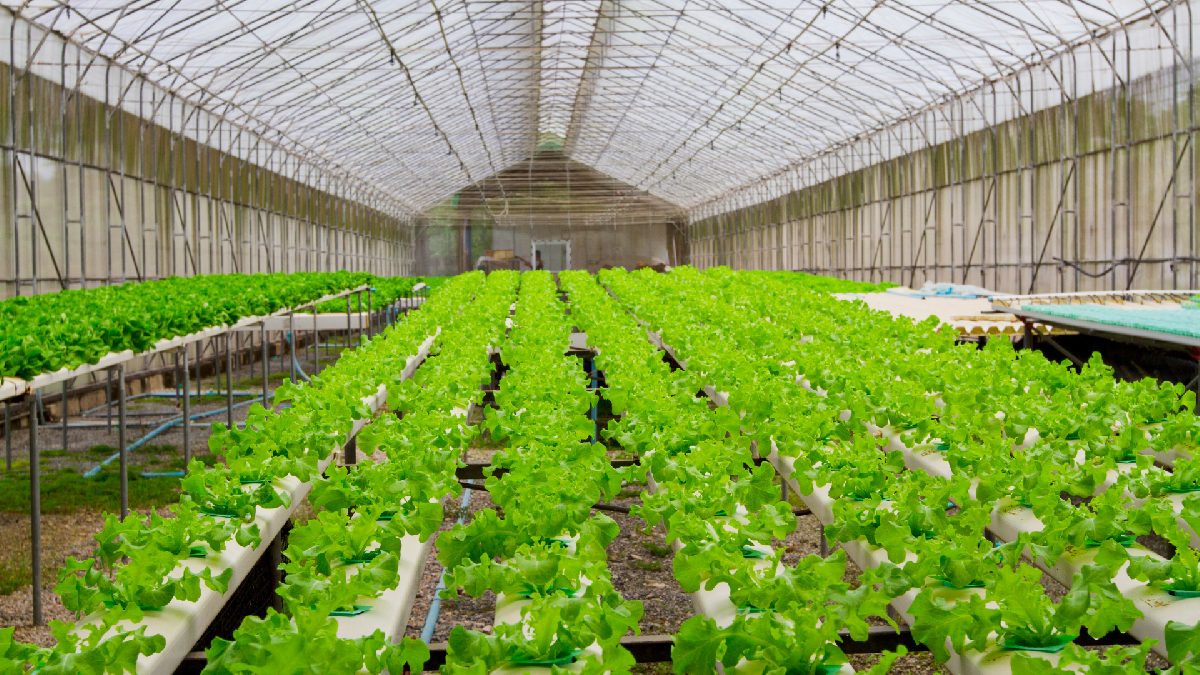Sovereign wealth fund Khazanah Nasional Bhd, which has reported its first loss since 2005, will undertake a portfolio transformation to diversify and improve generated returns.
The pre-tax loss of RM6.3bil reported for 2018 was largely attributed to an impairment of RM7.3bil.
Most of that impairment was a write-down on Khazanah's investment in Malaysia Airlines Bhd (MAS), which Khazanah managing director Datuk Shahril Ridza Ridzuan said a comprehensive strategic review of the national airline is being conducted to improve its performance.
Shahril acknowledged that MAS did not achieve what it had intended in the original turnaround plan, which manifested in a huge write-down of investment.
"We are waiting for it (MAS) to complete its strategic review, which would help Khazanah understand its strategy and later, discuss the level of support required.
"For MAS and all the other companies under Khazanah, the primary responsibility of working out strategies is in the hands of the management of these companies," he said at the Khazanah Annual Review 2019 here yesterday.
Shahril is optimistic that Khazanah will be profitable this year and declare a dividend of close to what it had paid the government last year.
Khazanah declared a dividend of RM1.5bil to the government in 2018, an increase from 2017's RM1bil.
Khazanah, which led the government-linked companies' (GLC) transformation plan, saw many of its investments in its strategic and commercial funds severely underperform in a year when the FBM KLCI was down by just 3%.
Collectively, Tenaga Nasional Bhd, IHH Healthcare Bhd and CIMB Group Holdings Bhd fell 21.6% on a net worth adjusted (NWA) return, amid subdued earnings outlook, market volatility and regulatory changes.
The two worst performers were Axiata Group Bhd and Telekom Malaysia Bhd (TM), which were victims of regulatory changes that went along with a decline in their operating performance.
TM was mandated to lower broadband prices to reduce Internet costs for consumers, while Axiata was exposed to high regulatory risk at its regional operating units, particularly in Nepal.
On a 10-year basis, the sovereign wealth fund's long-term portfolio performance remained on an upward trajectory, achieving an 11% NWA return per annum.
The NWA return is the realisable asset value (RAV) less total liabilities, adjusted to measure value created.
Khazanah is taking a five-year review to restructure its investment portfolio, mainly focusing on the commercial fund of its portfolio.
The commercial fund aimed to grow financial assets and diversify revenue sources for the nation, with a targeted return of the Malaysian Consumer Price Index plus 3% on a five-year rolling basis.
Shahril noted that Khazanah is exposed to a large concentration risk, being tied up with significant chunks of equity in several companies.
"In rebalancing the commercial fund, Khazanah will improve its risk diversification and diversify its portfolio to be more balanced across geographies and sectors.
"While we will naturally attract more domestic opportunities, we seek to increase our global investment exposure.
"We can expect to see more transactions occurring as we shift to a portfolio-based structure, but it is important that we get the right value for the assets," he said, adding that proceeds from the divestments would be reinvested in the fund.
Meanwhile, the strategic fund is divided into strategic assets and developmental assets, which has a targeted return of 10-year Malaysian Government Securities yield on a five-year rolling basis, as well as measurable economic benefits.
Khazanah's asset classes are spread across public and private equity, which comprise 90% of its asset base, as well as real assets that make up 10% of its asset base.
Apart from that, Khazanah aims to improve its operating cost efficiency by reducing its cost to RAV ratio from 50 basis points to assets under management (AUM) in 2018, to 30 to 35 basis points to AUM in 2023, in line with other funds.
"From 2017 to 2018, we managed to reduce the cost to RAV ratio by a few hundred millions.
"Additionally, Khazanah will seek to enhance its capital structure through debt reduction by increasing the RAV cover from 2.4 times in 2018 to four or five times in 2023," said Shahril.
On the possibility that Khazanah was looking to sell Legoland Malaysia Resort, Shahril clarified that there were no offers on the table at present.
"We are not in talks with anyone currently. But when we review our assets, we have to be clear of the value attached to the assets," he said, adding that Legoland Malaysia was generating positive earnings.
On PLUS Malaysia Bhd, Shahril said PLUS was different from the other highways that the government was negotiating to buy.
The intra-city tolls are mostly unavoidable, while PLUS is an interstate highway which faces competition from federal roads which allow users to avoid paying toll charges.
PLUS is 51% owned by the UEM Group, a unit of Khazanah.

.jpeg)

.png)





.jpeg)

